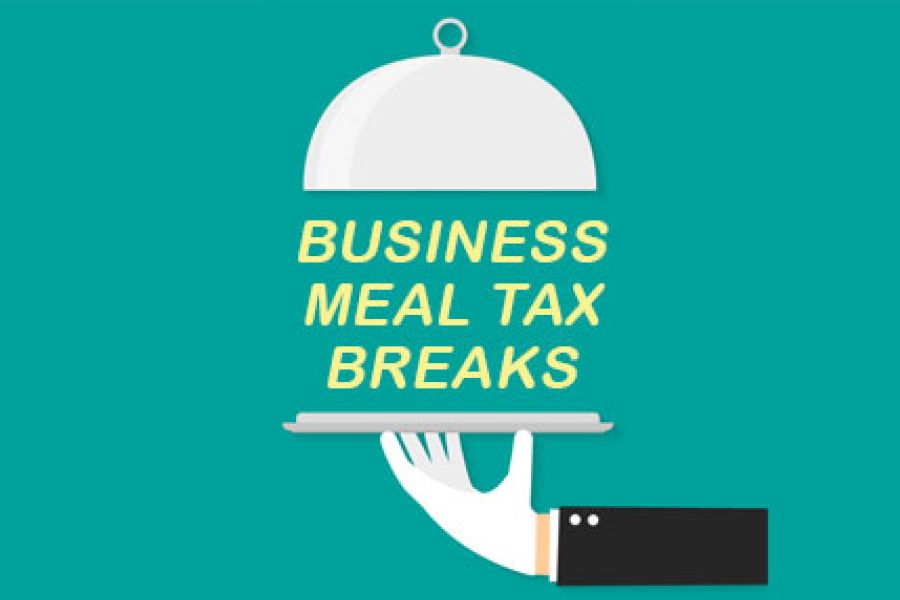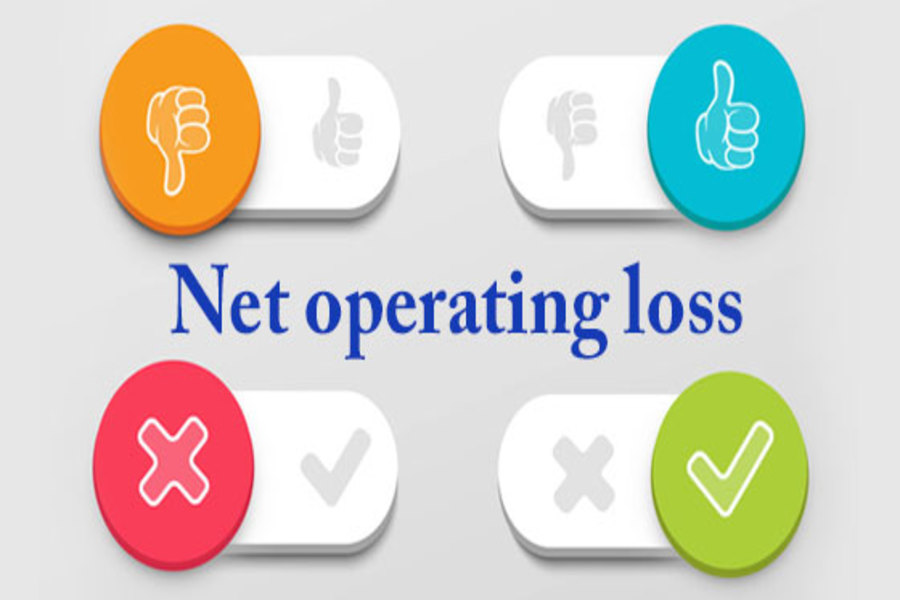While the COVID-19 crisis has devastated many existing businesses, the pandemic has also created opportunities for entrepreneurs to launch new businesses. For example, some businesses are being launched online to provide products and services to people staying at home. Entrepreneurs often don’t know that many expenses incurred by start-ups can’t be currently deducted. You should be aware that the way you handle some of your initial expenses can make a large difference in your tax bill. How expenses must be handled If you’re starting or planning a new enterprise, keep these key points in mind: Start-up costs include those incurred or paid while creating an active trade or business — or investigating the creation or acquisition of one. Under the Internal Revenue Code, taxpayers can elect to deduct...

If you operate a small business, or you’re starting a new one, you probably know you need to keep records of your income and expenses. In particular, you should carefully record your expenses in order to claim the full amount of the tax deductions to which you’re entitled. And you want to make sure you can defend the amounts reported on your tax returns if you’re ever audited by the IRS or state tax agencies. The fact is that good records are the key to trouble-free IRS audits. Certain types of expenses, such as automobile, travel, meals and office-at-home expenses, require special attention because they’re subject to special recordkeeping requirements or limitations on deductibility. It’s interesting to note that there’s not one way to keep business records....
Restaurants and entertainment venues have been hard hit by the novel coronavirus (COVID-19) pandemic. One of the tax breaks that President Trump has proposed to help them is an increase in the amount that can be deducted for business meals and entertainment. It’s unclear whether Congress would go along with enhanced business meal and entertainment deductions. But in the meantime, let’s review the current rules. Before the pandemic hit, many businesses spent money “wining and dining” current or potential customers, vendors and employees. The rules for deducting these expenses changed under the Tax Cuts and Jobs Act (TCJA), but you can still claim some valuable write-offs. And keep in mind that deductions are available for business meal takeout and delivery. One of the biggest changes is that you...
The extended federal income tax deadline is coming up fast. As you know, the IRS postponed until July 15 the payment and filing deadlines that otherwise would have fallen on or after April 1, 2020, and before July 15. Here's some ways to chip away at your 2019 business tax bill. Retroactive COVID-19 business relief The Coronavirus Aid, Relief and Economic Security (CARES) Act, which passed earlier in 2020, includes some retroactive tax relief for business taxpayers. The following four provisions may affect a still-unfiled tax return — or you may be able to take advantage of them on an amended return if you already filed. Liberalized net operating losses (NOLs). The CARES Act allows a five-year carryback for a business NOL that arises in a tax year...
In light of the novel coronavirus (COVID-19) pandemic, many businesses are interested in donating to charity. In order to incentivize charitable giving, the Coronavirus Aid, Relief and Economic Security (CARES) Act made some liberalizations to the rules governing charitable deductions. Here are two changes that affect businesses: The limit on charitable deductions for corporations has increased Before the CARES Act, the total charitable deduction that a corporation could generally claim for the year couldn’t exceed 10% of corporate taxable income (as determined with several modifications for these purposes). Contributions in excess of the 10% limit are carried forward and may be used during the next five years (subject to the 10%-of-taxable-income limitation each year). What changed? Under the CARES Act, the limitation on charitable deductions for corporations...
The IRS recently released the 2021 HSA inflation adjusted amounts. Health Savings Accounts (HSA) basics An HSA is a trust created or organized exclusively for the purpose of paying the “qualified medical expenses” of an “account beneficiary.” An HSA can only be established for the benefit of an “eligible individual” who is covered under a “high deductible health plan.” In addition, a participant can’t be enrolled in Medicare or have other health coverage (exceptions include dental, vision, long-term care, accident and specific disease insurance). In general, a high deductible health plan (HDHP) is a plan that has an annual deductible that isn’t less than $1,000 for self-only coverage and $2,000 for family coverage. In addition, the sum of the annual deductible and other annual out-of-pocket expenses required to...
The Coronavirus Aid, Relief, and Economic Security (CARES) Act eliminates some of the tax-revenue-generating provisions included in a previous tax law. Here’s a look at how the CARES Act liberalizes NOLs, providing businesses with relief from the novel coronavirus (COVID-19) crisis. NOL deductions Basically, you may be able to benefit by carrying a net operating loss (NOL) into a different year — a year in which you have taxable income — and taking a deduction for it against that year’s income. The CARES Act includes favorable changes to the rules for deducting NOLs. First, it permanently eases the taxable income limitation on deductions. Under an unfavorable provision included in the Tax Cuts and Jobs Act (TCJA), an NOL arising in a tax year beginning in 2018 and later...
As a result of the coronavirus (COVID-19) crisis, your business may be using independent contractors to keep costs low. That said, are your independent contractors properly classified for federal tax purposes? If the IRS reclassifies them as employees, it can be an expensive mistake. The question of whether a worker is an independent contractor or an employee for federal income and employment tax purposes is a complex one. If a worker is an employee, your company must withhold federal income and payroll taxes, pay the employer’s share of FICA taxes on the wages, plus FUTA tax. Often, a business must also provide the worker with the fringe benefits that it makes available to other employees. And there may be state tax obligations as well. These obligations don’t...
The law providing relief due to the coronavirus (COVID-19) pandemic contains a beneficial change in the tax rules for many improvements to interior parts of nonresidential buildings. This is referred to as qualified improvement property (QIP). You may recall that under the Tax Cuts and Jobs Act (TCJA), any QIP placed in service after December 31, 2017 wasn’t considered to be eligible for 100% bonus depreciation. Therefore, the cost of QIP had to be deducted over a 39-year period rather than entirely in the year the QIP was placed in service. This was due to an inadvertent drafting mistake made by Congress. But the error is now fixed. The Coronavirus Aid, Relief, and Economic Security (CARES) Act was signed into law on March 27, 2020...
Rioting damage at your business? The recent riots around the country have resulted in many storefronts, office buildings and business properties being destroyed. In the case of stores or other businesses with inventory, some of these businesses lost products after looters ransacked their property. Windows were smashed, property was vandalized, and some buildings were burned to the ground. This damage was especially devastating because businesses were reopening after the COVID-19 pandemic eased. A commercial insurance property policy should generally cover some, or all, of the losses. (You may also have a business interruption policy that covers losses for the time you need to close or limit hours due to rioting and vandalism.) But a business may also be able to claim casualty property loss or theft...











